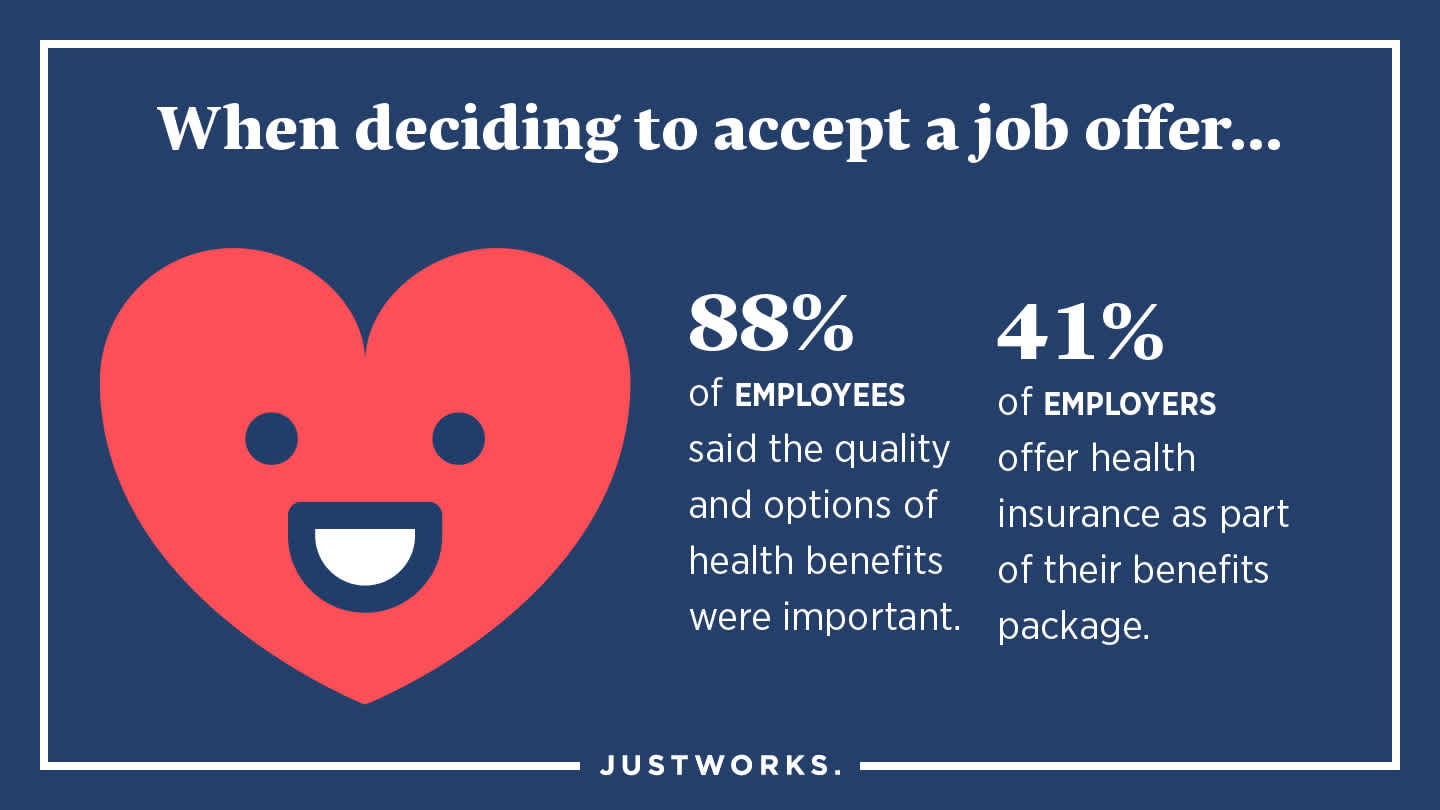Coping at Work: Stress Tips

Coping at Work: Stress Tips
Stress at work is common but manageable. Implementing effective strategies to manage workplace stress is crucial for mental health, productivity, and overall well-being.
Identify Stress Triggers
Recognizing stress triggers is the first step. Identify specific situations, tasks, or interactions that induce stress. Understanding these triggers allows for targeted solutions and better stress management.
For expert advice and insights on tips for managing stress at work, visit Women’s Health and Style for comprehensive information.
Practice Time Management
Effective time management helps reduce stress levels. Prioritize tasks, set realistic deadlines, and break larger tasks into smaller, manageable steps. Creating a schedule or to-do list can help maintain focus and alleviate stress.
Establish Boundaries
Establishing boundaries between work and personal life is essential. Avoid overcommitting and learn to say no when necessary. Setting boundaries helps maintain a healthy work-life balance, reducing stress levels.
Take Regular Breaks
Taking breaks throughout the workday is crucial for mental and physical well-being. Short breaks allow for relaxation, rejuvenation, and improved focus, ultimately reducing stress.
Utilize Stress-Relief Techniques
Incorporate stress-relief techniques into the work routine. Techniques like deep breathing exercises, meditation, or mindfulness can be practiced even during busy workdays to alleviate stress.
Communicate Effectively
Effective communication can reduce workplace stress. Express concerns, seek clarification when needed, and communicate openly with colleagues or supervisors to address issues promptly.
Healthy Lifestyle Choices
Maintaining a healthy lifestyle outside of work contributes to stress management. Get enough sleep, engage in regular physical activity, eat nutritious meals, and limit caffeine and alcohol intake to support overall well-being.
Seek Support and Resources
Seeking support from colleagues, mentors, or professional resources can provide guidance and help manage stress. Employee assistance programs or counseling services offered by employers can be beneficial.
Manage Workload and Delegate
Avoid overloading yourself with tasks. Delegate tasks when possible and communicate workload concerns to supervisors if feeling overwhelmed. Balancing workload reduces stress.
Develop Coping Strategies
Develop personal coping strategies to manage stress. Whether it’s journaling, engaging in hobbies, or practicing relaxation techniques, having effective coping mechanisms is crucial.
Implementing these tips for managing stress at work can significantly improve the work environment and individual well-being. It’s important to prioritize mental health and employ strategies that work best for individual situations. Seeking professional help is advisable for persistent or severe stress.
